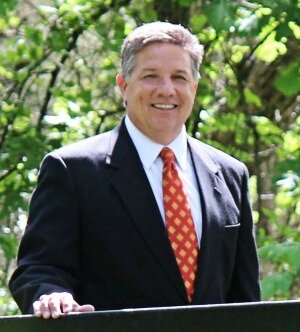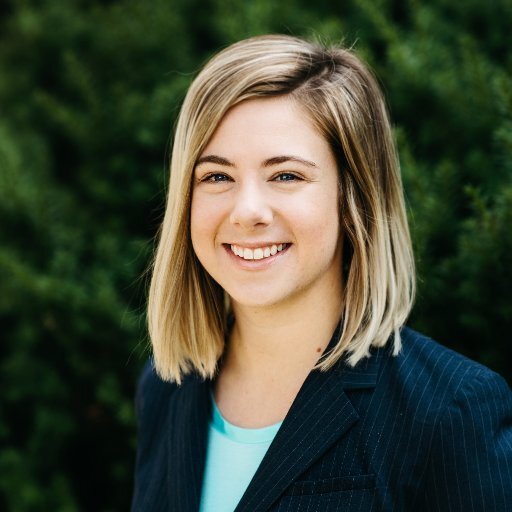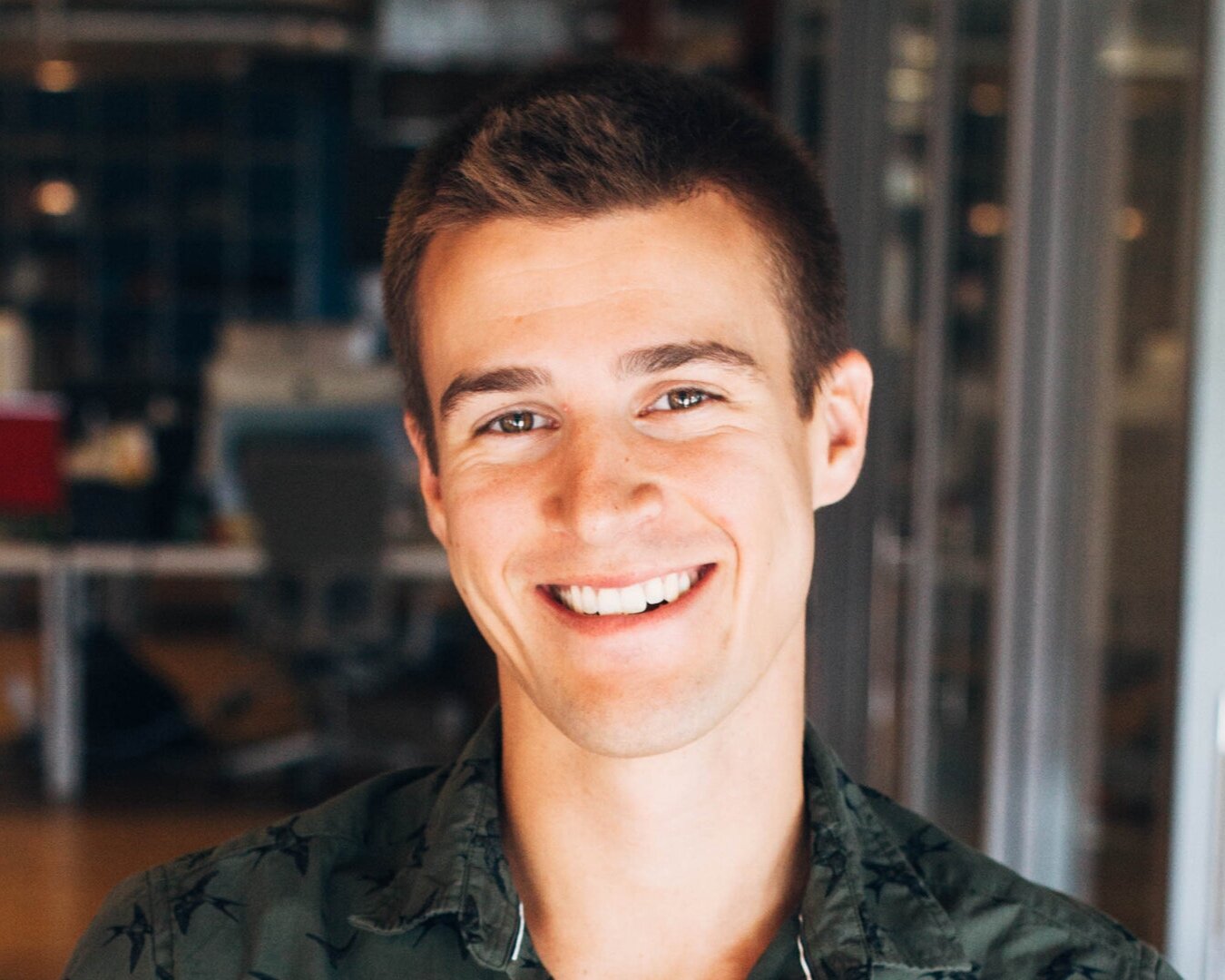Here's How to Build Wealth for Yourself and Your City at the Same Time
Have you ever walked past a vacant building and thought “I wish that was a cool coffee shop or clothing store”?
Have you ever spotted a historic house in disrepair and dreamed of living in it?
Or how about just wanting to have an extra source of income in the form of a rental property?
All over the continent, regular people—folks without a lot of money or a fancy degree—are becoming “incremental developers” who are building up prosperity and wealth for themselves and their neighbors, and strengthening their towns in the process. Here are a few of them:
Last week, during a Strong Towns webcast, we got to hear the stories of these seven inspiring developers who are taking small but mighty steps to make their towns stronger. They’re rehabbing abandoned buildings and turning them into new homes. They’re building cottages and small homes on empty plots of land to create affordable housing for neighbors. They’re renovating storefronts to serve as incubator space for new businesses.
These people will blow your mind with their ingenuity, can-do spirit and passion for their communities. And you will walk away from the webcast itching to get out and become a developer in your own town (I know I did). Take some time this week to check out the whole recording:
Key Questions Discussed in this Webcast:
Why is incremental development a powerful, accessible tool for places that want to become strong towns?
What guides the incremental development philosophy?
Why are time and scale important in incremental development work?
What are the best ways for developers to get started?
How can local government leaders and residents support the work of incremental developers in their town?
Further Resources:
Get more resources from the Incremental Development Alliance tailored specifically to Strong Towns advocates.
Check out Bernice Radle’s leadership of Buffalove Development in Buffalo, NY.
Find out about Monte Anderson’s company in Duncanville, TX, Options Real Estate.
Learn more about Brian Burnett’s mobile tailoring business, Glenwood South Tailor in Raleigh, NC.
Follow along with Sarah Cipkar’s work in Windsor, Ontario.
Explore Joel Dixon’s Atlanta-based development company, Urban Oasis.
Cover image via Buffalove Development.











For decades, we've been living under an unspoken grand bargain when it comes to housing. Most people don’t think about explicitly, but it shapes nearly every conversation we have about growth, change and affordability in our cities and towns. It’s time to change the conversation.